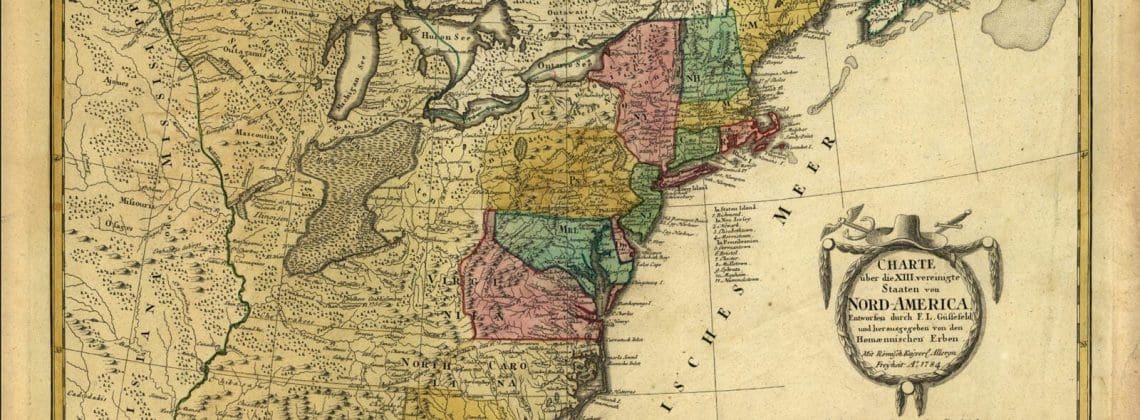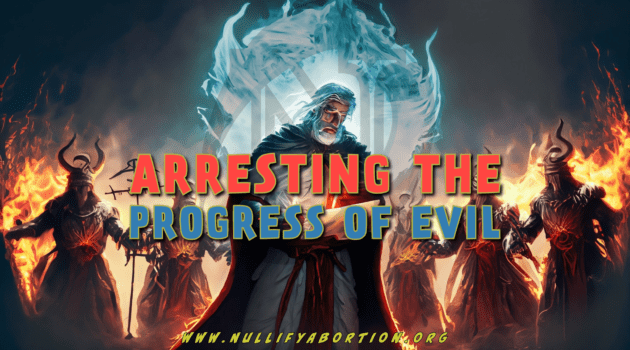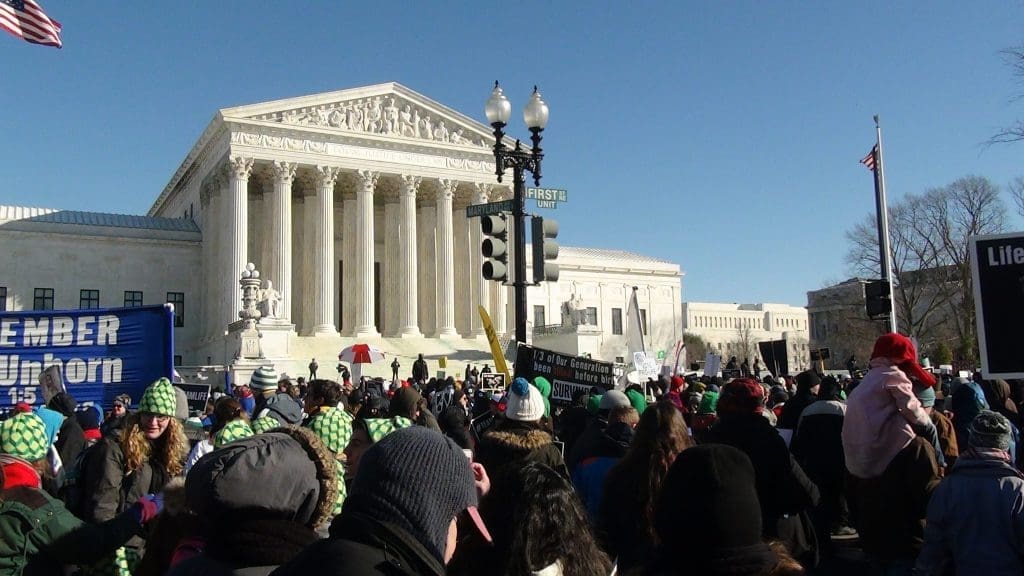
This article is a crash course on the topics of nullification, state rights, and how Nullify Abortion fits into this picture. This is not meant to be an exhaustive treatment of subjects, but rather a quick reference for those unfamiliar with the topics.
Check out our most recent article on this topic:

Explore the historical and legal foundations of state nullification, a constitutional remedy rooted in biblical doctrine for abolishing abortion.
Nullification
Nullification is a political concept whereby a State declares a Federal law or mandate unconstitutional, and thus, void within the borders of that state.
It was a concept envisioned, intended, and utilized by several architects of the Constitution, including James Madison and Thomas Jefferson.
Basically, the Federal government was formed by a compact (or agreement) of the States. They agreed to grant a limited number of powers to the central (or federal) government in a document we call the United States Constitution. It was assumed that any powers not granted to the Federal government would remain in the hands of the States.
Tenth Amendment
Because some feared this assumption, and others, might not be assumed as was expected, some demanded that these rights be explicitly defined. This was done by the 1st Congress when they passed the Bill of Rights—the first ten amendments to the Constitution.
In regards to the rights of the States, the Tenth Amendment clearly established these rights, which was, essentially, everything not explicitly given to the Federal government.
The Tenth Amendment states,
The powers not delegated to the United States by the Constitution, nor prohibited by it to the states, are reserved to the states respectively, or to the people.
Any law that violates the Constitution is a violation of that compact between the states, and is in effect, not a law at all, but illegal. A State is not obligated to abide by that illegal act, and, as Thomas Jefferson suggests,
Where powers are assumed which have not been delegated, a nullification of the act is the rightful remedy.
As a party to the creation of the contract, the Constitution, a state has the authority to unilaterally determine an act in breach of that contract.
It can’t be stressed enough: The Tenth Amendment is just as valid, sovereign, and sacred as the First Amendment (Freedom of Speech.) The Federal Government has no authority to infringe upon these rights of the States anymore than they can tell you not to criticize the government.
Federal Opposition
The Federal Government has traditionally opposed nullification. That isn’t surprising. The central government will never want to give up power.
The Supreme Court has often ruled against nullification. Here’s the thing: the United States is not an oligarchy. The Supreme Court is not sovereign—the Constitution is. Any decision by the Supreme Court that violates the Constitution—including the rights of the States—is unconstitutional.
As educator and author Tom Woods explains in this article,
If I am correct that the peoples of the states are the sovereigns in the American system, and I believe I have shown this to the satisfaction of a reasonable person, then the idea that there can be no state-level resistance to the federal government — even to the divinities on the Supreme Court — becomes obviously absurd.
If the peoples of the states created the federal government and its subdivisions as their agent, how do they permanently lose the ability to stop their own creation from destroying them? Since when does the agent tell the principals what its powers are?
Woods isn’t alone. The Founding Fathers (the people who were involved in the writing of the Constitution and the architects behind our government) agreed.
James Madison wrote in the Virginia Report of 1800,
1. Science concludes that human beings are persons at conception (in lieu of science, the Federal government has no authority to make that decision for all of the States.)2. The Fifth Amendment of the United States Constitution states:
No person shall be…deprived of life, liberty, or property, without due process of law…
3. If a preborn child is a human being, then the United States Supreme Court has no authority to deprive them of life without due process of law, nor the authority to grant women or physicians a “right” to deprive that human being of life.
4. As a party to the Constitution, the states have an obligation to:
a) Defend the inherent rights of the People
b) Defend the Constitution of the United States
c) Nullify laws which permit the genocide of American citizens
No government entity has the authority to deprive an entire demographic of the population the most basic of human rights. Abortion is the most extreme example of age discrimination—permitting the killing of human beings based on their age.
Wrap Up
The United States was created by thirteen independent states (nations.) These states existed before the U.S. Constitution, before there was a federal government. They designed and established the government we have today and solidified it in writing, approved by the legislatures of the original thirteen states.
The purpose of that Constitution was clearly defined in its preamble,
We the people of the United States, in order to form a more perfect union, establish justice, insure domestic tranquility, provide for the common defense, promote the general welfare, and secure the blessings of liberty to ourselves and our posterity, do ordain and establish this Constitution for the United States of America.
The states have an obligation to protect the children for there is no liberty for our posterity that we’ve permitted to be snuffed out by abortion.





Leave a Reply